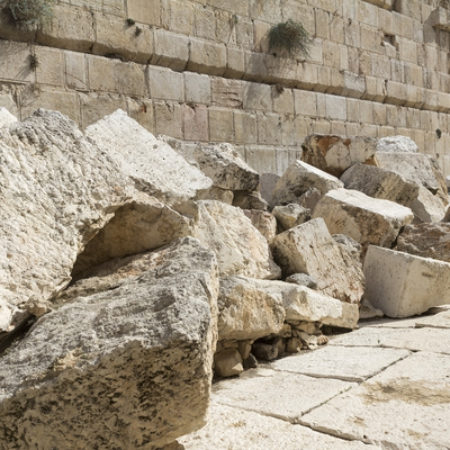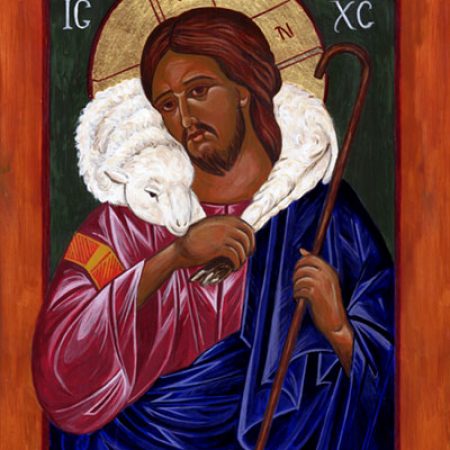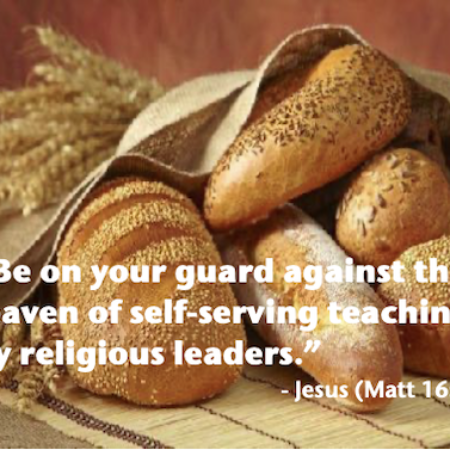Many parts of the Bible can be and often are weaponised as tools of oppression, but when we read it critically, with and through the teachings and example of Jesus, it calls us to liberation and life.
Sermons on Power
The Lord’s Prayer is a manifesto for a whole new way of relating to God and the world.
If we are to call Christ a King and still remain faithful to him, we must begin with the subversion of the very concept of kingship that Jesus points to when he is questioned by Pilate.
The power of God is that a contagion of life—of transformation, hope, and peace—is more powerful than a contagion of death.
God will walk with us in suffering and work redemptively within it, but God is not powerful enough to just remove it.
Jesus calls us to resist the satanic desire to credit violence and disaster with meaning, and instead to acknowledge meaning and truth only in God’s suffering love and mercy.
In a world dominated by arrogant and exploitative leaders, Jesus models a gentle shepherding leadership that prioritises the reintegration of the broken over the drive for “success” and “efficiency”.
Self-interested leaders will frequently manufacture frightening images of an angry dangerous God to silence opposition and maintain their grip on power, but Jesus opens our eyes to these abuses and to the reality of a God of incorruptible love.
There is nothing, absolutely nothing, that another person can do to you that can make you unclean or defiled in the eyes of God.
We have been adopted as the children of a king who does not withhold his love until we comply, who does not ask us to sing for our supper, who does not use us or abuse us, but longs to bind up our wounds.
God is most likely and able to work through those who accept their own weakness and don’t try to forcefully assert their own power and influence.
Jesus invites us into a new relationship with God and with one another based on love and friendship instead of power and rivalry.
We are called to confront and oppose the abuse of power, but also to continue to love and offer forgiveness to those whose actions we are opposing.
Jesus reveals that God is a God of abundance who will lovingly provide plenty for all, but the common perception of scarcity easily corrupts us and leads to treachery and abuse.
Jesus’s unique priesthood ensures that he is able to help us, and his solidarity with us in suffering ensures that he will help us.
Christ uses his power to lift up others, but we are prone to misuse power to exalt ourselves.
We seek to live and practice non-violence as the only way to overcome injustice, persecution, tyranny and violence and build cultures of peace.
To name Christ as King is to identify ourselves as dissenters to the claims of any other authority.
God will do great things with us, but will not impose them on us, so we have to relinquish control before God brings about the growth we crave.
We are given gifts from God – faith, love and hope – to help us cope with all that is less than God – especially when ‘principalities and powers’ overwhelm us.








